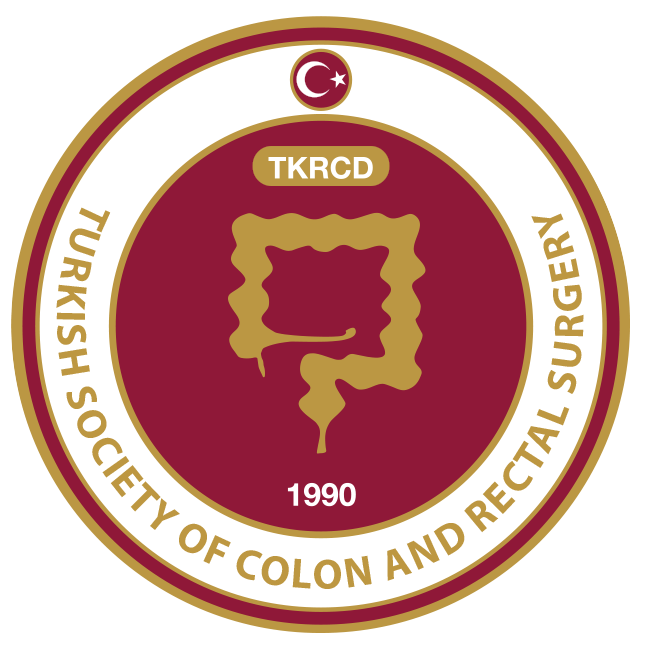ABSTRACT
Background:
Anterior resection syndrome commonly occurs after sphincter preserving rectal cancer surgery and treatment options are controversial.
Aim:
We aimed to evaluate the effectiveness of biofeedback therapy in anterior resection syndrome patients whom had undergone rectal cancer surgery.
Materials-Method:
Between 2003-2013, ten of 107 patients whom had undergone surgery for distally located rectal cancer included to the study. All patients were operated laparoscopically and developed anterior resection syndrome early after surgery.
Results:
Tumors were located at the distal part of the rectum in 8 cases, 1 case at the mid-rectum and 1 case at the proximal part. All cases except 1 case with proximal tumor underwent preoperative neoadjuvant treatment (4 long course chemoradiotherapy (CHRT) and 5 short course radiotherapy (RT)). All were continue adjuvant completion chemotherapy after the operation.
Totally mesorectal excision was performed laparoscopically in all patients with preserving bilateral hypogastric nerves and nervi erigentus. Eight distal tumors were removed with intersphincteric resection to preserve external sphincter and defecation functioning, remaining two were removed with anterior resection. All tumors were removed with negative surgical margins except one distal rectal carcinoma whom had tumor's radial margin detected positive.
Diphenoxylate was used for the all cases in the first step of the treatment of anterior resection syndrome. Biofeedback was added to the Diphenoxylate treatment because of the ineffective medical treatment. Anal sphincter pressure (median: 53%, 30% - 100%), Wexner Score (median 53%, 25% - 65%) and FIQL (median 118%, 80% - 150%) got better after the biofeedback treatment.
Conclusion:
Biofeedback therapy have clinical benefits for fecal incontinence patients and it can be an effective treatment choice for anterior resection syndrome patients whom undergone distal rectal carcinoma resection.



